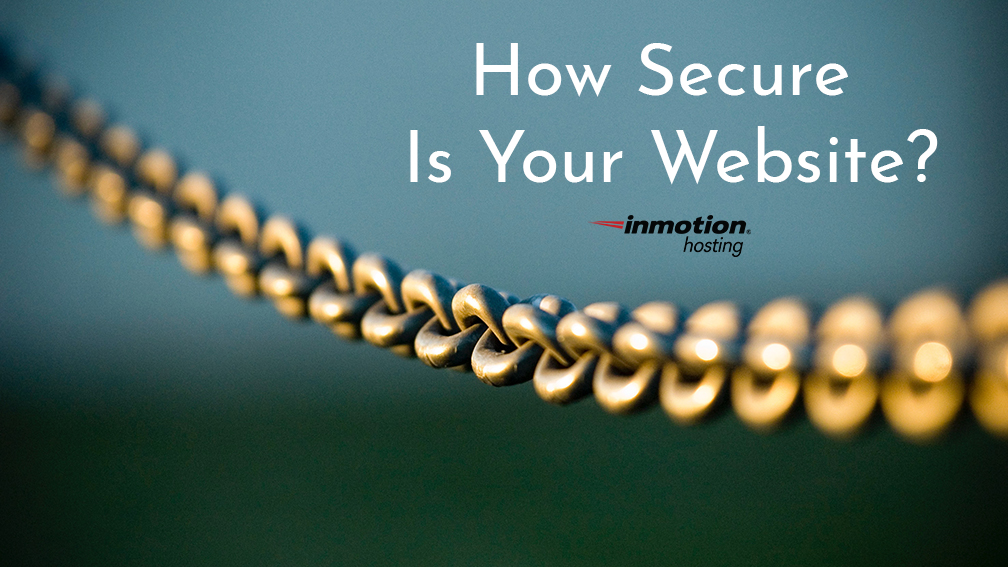
There’s an old saying that a chain is only as strong as its weakest link. This goes for websites as well. Do you know just how strong and secure your website truly is?
There are several things you can do to make sure that your website is as secure as possible. Many small businesses report that their websites get attacked a few times every single day. Hackers are poking and prodding their defenses looking for any opening that will give them a foothold to do some serious damage.
Here are a few tips for you to consider on securing your website.
SSL Certificate
One of the first (and biggest) things you can do is to secure your website with an SSL certificate. What exactly is an SSL certificate? SSL stands for “Secure Sockets Layer” and is the industry standard for ensuring that data transferred over the Internet is encrypted properly so that it can’t be stolen or breached.
Another reason to get an SSL certificate is because Google Chrome recently began flagging websites that did not have SSL certificates. This means that your visitors will see a red ‘not secure’ warning in their browser. This can be negative for your viewers to see as it can harm their trust of your brand. It also can lower your sites rankings, which can certainly hurt your business. Learn how to fix this by visiting our guide, How to Fix the HTTPS “Not Secure” Message in Chrome.
Update
Another common area where websites could improve their security is automatic updates. If you are two or more generations behind the current software for your particular platform, then you are probably missing multiple security updates.
These updates are rolled out as soon as the developers see a vulnerability that can be exploited by a hacker. So if you don’t have these updates installed, you are at a higher risk of being hacked. (It is also necessary to do this with any plugins, extensions, or apps that you may use on your website.)
CDN
Another option to prevent hacking is the use of a CDN (or Content Delivery Network). This can be used when a hacker tries to barrage your website with so much traffic that the server cannot keep up and it causes the site to crash, leaving your site vulnerable to attack.
A CDN will prevent this by detecting the increase in traffic and scaling to offset it. CDNs in multiple locations (spread out across multiple servers) can also help with this as it “spreads the work” around the different servers so that your site isn’t crippled by such an attack.
Audits
A big way of determining just how secure your website is and what you need to do to make it more secure is to hire an outside auditing firm. The auditing firm will work in conjunction with your IT department to conduct an audit of the site’s security. They may conduct what is called penetration testing, an attempt by their team to hack your website not to cause problems but to determine weaknesses in your security
After such an audit, you can then have an after-action meeting with the firm to decide what your next steps should be to make your website more secure.
We live in a world where hackers are a constant threat to e-commerce and to the average citizen’s personal data. This is why it is so important for businesses to ensure their website is secure. By doing this, you will protect your business and also gain the confidence of your customers.